“To desire what you don’t have is to waste what you do have.” This mantra was repeated over and over to our children as the grew up. They would always want more clothes, more toys, more shiny objects, more chocolate, and much more, as children often do. This was my wife’s favorite saying to calm the challenges our children facedon a daily basis.
They all turned out wonderful. My son is a graduate of Stanford University; an actor and singer as well as a skilled computer graphic artist and web developer. He works for a thriving start-up from New York in San Francisco. He recently moved back to California after 17 years in New York City.
My eldest daughter is an Ayurvedic practitioner, yoga teacher, and she works for the Hoffman Institute. The Hoffman Institute offers a week-long retreat for extraordinary transformation. She took the process last year and I took it when it was called the Fischer-Hoffman Process in 1974.
My youngest daughter lives in Spain. She received her master’s degree in innovative tourism and gastronomy from the University of Barcelona last year and is now working in the “slow food” movement in Barcelona.
It seems that the mantra has worked well for all of them. Even though the girls don’t have the same mother as my son, they treat each other like close siblings. When asked about how his life would be different if I had stayed with his mother, he said something like, “…then I wouldn’t have my sisters!”
“To desire what you don’t have is to waste what you do have” has its origins in the teachings of Ken Keyes and his book, Handbook to Higher Consciousness. My wife lived at the Living Love Center in Berkeley, California, and that is where we first met.
|
||
The teachings of the Buddha from the above Tricycle quote have the same meaning as “To desire what you don’t have is to waste what you do have.” It tells us that what we think will bring us happiness will only bring us sorrow.
What desires are lingering in your mind? Which ones are wholesome and worth considering? Which ones are unwholesome and not worth pursuing?
Books by Ken Keyes
 |
Handbook to Higher Consciousnessby This perennial bestseller is more popular than ever and has helped countless people experience dramatic changes in their lives from the time they begin applying the simple, effective techniques…. [Read More…] |

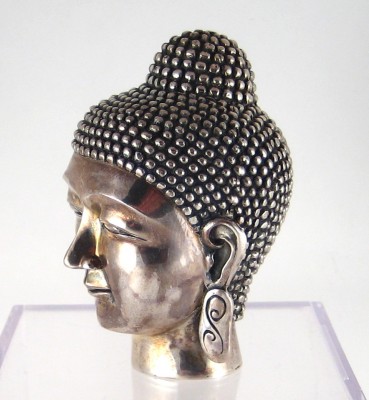


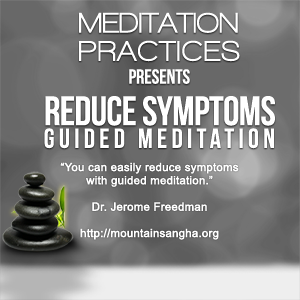


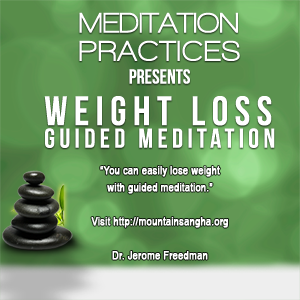
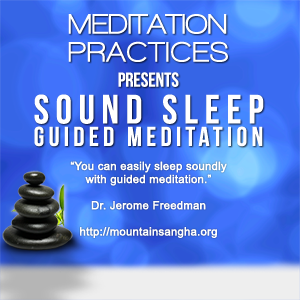



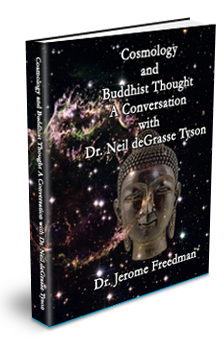
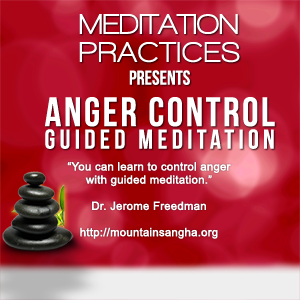
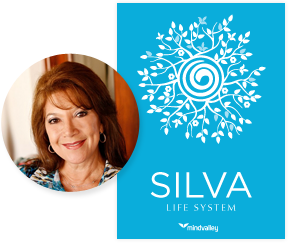
You must be logged in to post a comment.